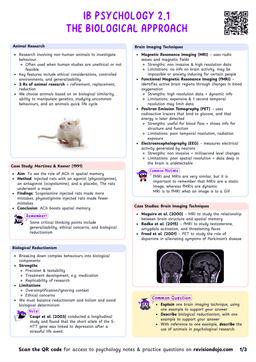Cultural and Gender Bias
- Cultural bias occurs when researchers make assumptions based on their own cultural background, leading to findings that may not be universally applicable.
- Gender bias involves assumptions based on gender, often leading to the overrepresentation or underrepresentation of one gender in research.
WEIRD Samples and Generalisability
- WEIRD stands for Western, Educated, Industrialised, Rich, and Democratic.
- These samples are often used in psychological research, leading to limited generalisability of findings.
Henrich et al. (2010) highlighted that 96% of psychological research participants come from WEIRD societies, which represent only 12% of the world's population.
Imagine judging the world's diet based only on one city's menu. This is similar to relying on WEIRD samples to make universal claims about human behavior.
- Have you ever tried the New York Times Crossword? It often contains U.S. American cultural references, which may make it difficult for someone not from the USA.
- Many studies include tests/questionnaires that are inherently cultural and cannot be effectively completed by people of different backgrounds.
Androcentrism
- Androcentrism is the tendency to view male behavior as the norm, often leading to the marginalization of female perspectives.
Kohlberg's Theory of Moral Development:
- Kohlberg's stages were based on male participants, leading to the assumption that females were less morally developed.
- Gilligan (1982) criticized this, arguing that women's moral reasoning is different but not inferior.
Ethnocentrism
- Ethnocentrism is the tendency to view one's culture as the standard, so other cultures appear different/abnormal.
- In Western cultures, major depressive disorder is more likely to present as negative patterns of thinking and low mood
- However, in East Asia, it may present as somatic (stomach aches, headaches)
- Therefore, if you were to judge an East Asian person based on Western standards, they may be misdiagnosed.
Implications of Bias
- Limited Generalisability: Findings based on biased samples may not apply to other cultures or genders.
- Misrepresentation: Gender bias can lead to the underrepresentation of women in research, affecting the validity of findings.
Critical Thinking
- How can researchers ensure more diverse samples in their studies?
- What are the ethical implications of relying on biased samples?
- How has the field of psychology evolved to address these biases?
Reflection
- What does WEIRD stand for, and why is it a limitation in psychological research?
- How did Kohlberg's theory demonstrate androcentrism?
- What strategies can be used to reduce cultural and gender bias in research?


